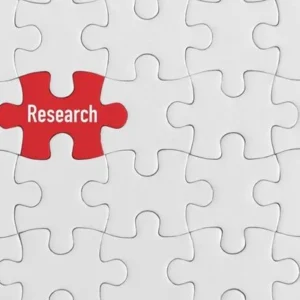The EU Mission ‘Restore our Ocean and Waters,’ part of Horizon Europe, is advancing technical assistance to accelerate the restoration and sustainable management of Europe’s aquatic ecosystems. This mission focuses on three main objectives: conserving and restoring freshwater and marine biodiversity, preventing and eliminating pollution, and promoting a carbon-neutral, circular blue economy. Recent examples of projects include a shipping corridor linking the Canary Islands and mainland Spain, data-driven monitoring of polluted waters in an Italian gulf, and a pioneering seagrass restoration effort in Latvia.
Across the first and second cycles of technical assistance, 34 actions have been selected to receive tailored support. The first cycle assisted 19 projects across all three objectives, while the second cycle, launched in Autumn 2024, selected 15 actions from 14 countries, including 12 EU Member States as well as Tunisia and Albania. These initiatives reflect a wide geographic and sectoral range, encompassing islands, port communities, fisheries, and river basins, with notable concentrations in the Baltic & North Sea and the Mediterranean.
The technical assistance provided is highly customized, offering expertise in regulatory, technical, economic, operational, environmental, and commercial aspects. Projects receive support in areas such as navigating regulatory frameworks, conducting feasibility studies, and unlocking investment opportunities to accelerate implementation. Countries with the highest participation include Poland, Romania, Greece, Spain, France, Italy, and Croatia, while projects related to ports, fisheries, and islands dominate the selection.
Beneficiaries of the second cycle have endorsed the Mission Charter, which aligns their initiatives with the overarching objectives of ecosystem protection, pollution elimination, and sustainable blue economy development. The projects also emphasize enhancing local infrastructure, training, and educational links, as well as fostering green and digital skills among coastal and waterway communities.
Building on the first cycle’s achievements, the second cycle demonstrates increasing ambition and maturity among Europe’s water-connected communities. Opportunities for additional funding and support continue to be announced on the EU Mission’s funding page, offering further avenues to scale innovation and increase the impact of these projects on the ground.







